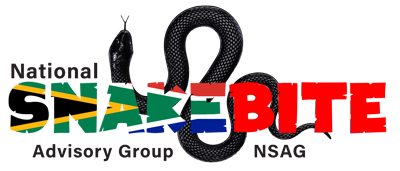Scorpions are truly enigmatic creatures. They are more recognisable than any Hollywood movie star, yet the average person knows very little about them. Their reputation is steeped in mystery, misinformation, old wives tales, yet there is a single aspect of their natural history that the human mind is fixated upon… their venom.
The average person’s understanding of this subject suffers from a high degree of fragmentation. Our understanding of scorpion sting first response is pieced together using disparate ideas and concepts. Much of the time, these ideas that do not fit together or may even contradict each other. However, because they are presented as isolated “facts” we adopt them no matter how contradictory they may be. Understanding scorpion sting first response is as much about our values and beliefs towards them, as it is about the animals themselves.

In the 1960’s, medical research using laboratory animals, scratched the surface as to the secrets of venoms, and how they work. In recent years, our understanding of scorpion envenomation has progressed in leaps and bounds. This new understanding is a result of a co-ordinated effort by individuals with complimentary backgrounds, working together to solve the challenges of envenomation. I’m privileged to be part of this collaboration through my contributions under the context of spider bites and scorpion stings.
It may be easy to think that effective medical treatment of a scorpion sting is easy. Just get the patient to a hospital and the best possible outcome will ensue. However, it is not that simplistic. There is a long and often complicated chain of events that needs to occur, for effective treatment of any scorpion sting.
It takes a first responder to jump in and assist in the heat of the moment. It takes someone to identify the scorpion, someone to transport the patient to a medical facility. It takes hospital staff, doctors, specialists. after-care staff, venom suppliers and antivenom manufacturers. Between these links, are decisions that have to be made; decisions that result in actions that keep the momentum of treatment moving forward towards a favourable outcome.
As a first responder you play an important role as the first person on the scene who has a profound influence on what happens downstream from the sting. However, not everyone has an understanding this responsibility.
There are two different perspectives to first response.
There is also an ethical responsibility towards scorpions and scorpion sting first response. How can we live or work in an area where scorpions abound, without impacting upon scorpion populations and the environment? This is where the role of the first responder in educating and engaging with the community is important.
In a patient’s moment of need, the first responder is the person they look to for assistance and help. This acceptance of taking control of the situation may or may not have consequences and should not be taken lightly.
If you accept the responsibility of a first responder, then your actions can reduce the severity of symptoms, dramatically reduce the recovery time (and cost) and in rare instances prevent death. On the flip side, incorrect first response can have the opposite affect and can harm the patient.

I'm on a mission to reduce the burden of spider bites and scorpion stings across Southern Africa!
Newsletter | Public Events | Books & Workbooks | Presentations | Activities |Professional Development | Shop
